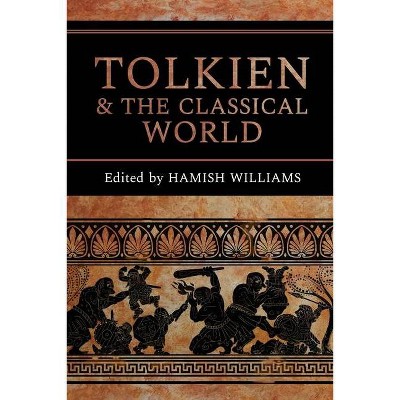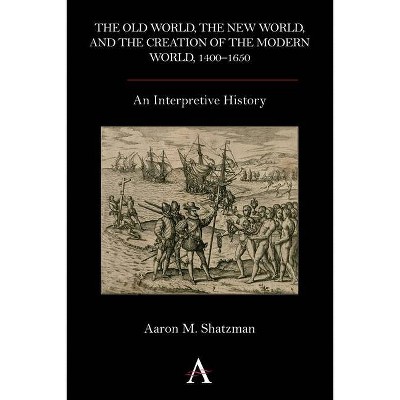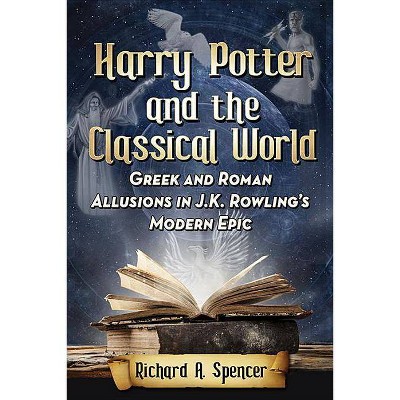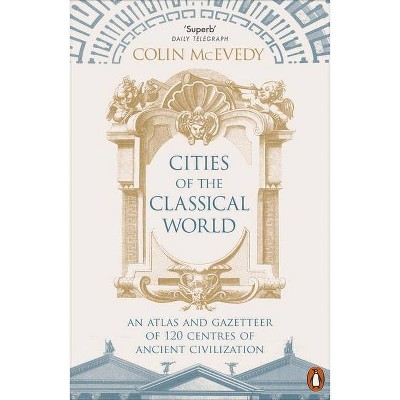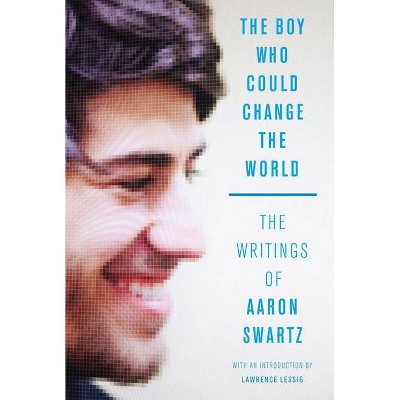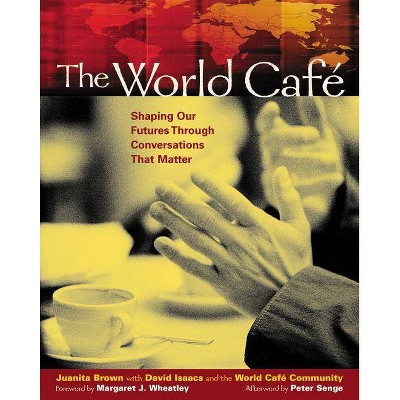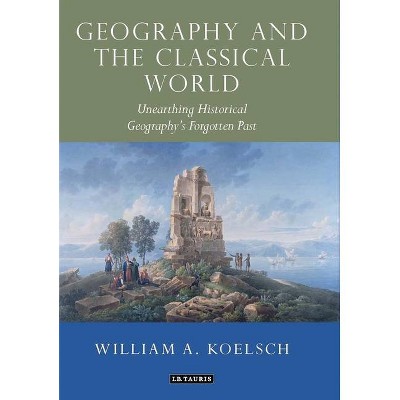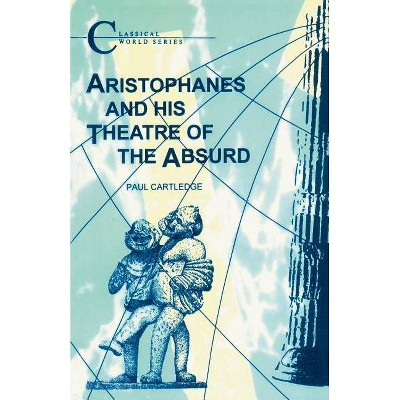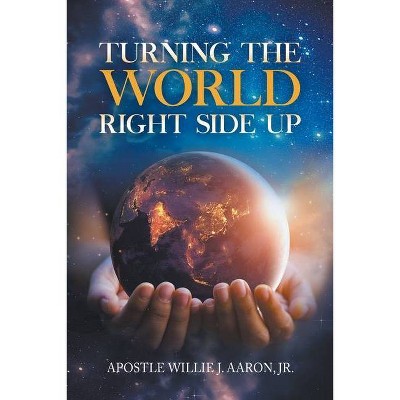Community and Identity at the Edges of the Classical World - by Aaron W Irvin (Paperback)
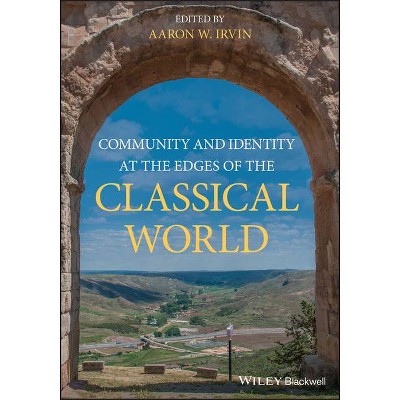
Similar Products
Products of same category from the store
AllProduct info
<p/><br></br><p><b> About the Book </b></p></br></br>"The question of identity is one that has been central to the study of the Roman Empire in particular, for at least the last century. The now academically abandoned paradigm of "Romanization" posited the idea that the subjects of the Roman Empire eventually saw themselves as Romans, thus creating a homogenous culture. While scholars such as Brun and Millett effectively deconstructed that model at the end of the 20th century, the last 20 years has seen a new paradigm emerge in the works of Woolf and Mattingly, allowing for a kind of heterogenous discussion of cultural values that incorporated the elite of several societies. The work of Prag and Quinn in particular has also seen the expansion of this discussion into the Hellenistic period of empires prior to the Roman expansion. The themes, setting, time period, and ideas presented in this volume thus serve as a perfect amalgamation of where the broader topic of identity and community currently sits in scholarship; a timely addition to an ongoing debate, from a group of scholars who traditionally have not been a part of the discussion in western publications"--<p/><br></br><p><b> Book Synopsis </b></p></br></br><p><b>A </b><b>timely and academically-significant contribution</b><b> to scholarship on community, identity, and globalization in the Roman and Hellenistic</b> <b>worlds</b> </p> <p><i>Community and Identity at the Edges of the Classical World </i>examines the construction of personal and communal identities in the ancient world, exploring how globalism, multi-culturalism, and other macro events influenced micro identities throughout the Hellenistic and Roman empires. This innovative volume discusses where contact and the sharing of ideas was occurring in the time period, and applies modern theories based on networks and communication to historical and archaeological data. A new generation of international scholars challenge traditional views of Classical history and offer original perspectives on the impact globalizing trends had on localized areas--insights that resonate with similar issues today. </p> <p> This singular resource presents a broad, multi-national view rarely found in western collected volumes, including Serbian, Macedonian, and Russian scholarship on the Roman Empire, as well as on Roman and Hellenistic archaeological sites in Eastern Europe. Topics include Egyptian identity in the Hellenistic world, cultural identity in Roman Greece, Romanization in Slovenia, Balkan Latin, the provincial organization of cults in Roman Britain, and Soviet studies of Roman Empire and imperialism. Serving as a synthesis of contemporary scholarship on the wider topic of identity and community, this volume: </p> <ul> <li>Provides an expansive materialist approach to the topic of globalization in the Roman world </li> <li>Examines ethnicity in the Roman empire from the viewpoint of minority populations </li> <li>Offers several views of metascholarship, a growing sub-discipline that compares ancient material to modern scholarship </li> <li>Covers a range of themes, time periods, and geographic areas not included in most western publications </li> </ul> <p><i>Community and Identity at the Edges of the Classical World </i>is a valuable resource for academics, researchers, and graduate students examining identity and ethnicity in the ancient world, as well as for those working in multiple fields of study, from Classical, Hellenistic, and Roman historians, to the study of ethnicity, identity, and globalizing trends in time. </p><p/><br></br><p><b> From the Back Cover </b></p></br></br><p><b>A timely and academically-significant contribution to scholarship on community, identity, and globalization in the Roman and Hellenistic worlds</b> <p><i>Community and Identity at the Edges of the Classical World</i> examines the construction of personal and communal identities in the ancient world, exploring how globalism, multi-culturalism, and other macro events influenced micro identities throughout the Hellenistic and Roman empires. This innovative volume discusses where contact and the sharing of ideas was occurring in the time period, and applies modern theories based on networks and communication to historical and archaeological data. A new generation of international scholars challenge traditional views of Classical history and offer original perspectives on the impact globalizing trends had on localized areas - insights that resonate with similar issues today. <p>This singular resource presents a broad, multi-national view rarely found in western collected volumes, including Serbian, Macedonian, and Russian scholarship on the Roman Empire, as well as on Roman and Hellenistic archaeological sites in Eastern Europe. Topics include Egyptian identity in the Hellenistic world, cultural identity in Roman Greece, Romanization in Slovenia, Balkan Latin, the provincial organization of cults in Roman Britain, and Soviet studies of Roman Empire and imperialism. Serving as a synthesis of contemporary scholarship on the wider topic of identity and community, this volume: <ul> <li>Provides an expansive materialist approach to the topic of globalization in the Roman world</li> <li>Examines ethnicity in the Roman empire from the viewpoint of minority populations</li> <li>Offers several views of metascholarship, a growing sub-discipline that compares ancient material to modern scholarship</li> <li>Covers a range of themes, time periods, and geographic areas not included in most western publications</li> </ul> <p><i>Community and Identity at the Edges of the Classical World</i> is a valuable resource for academics, researchers, and graduate students examining identity and ethnicity in the ancient world, as well as for those working in multiple fields of study, from Classical, Hellenistic, and Roman historians, to the study of ethnicity, identity, and globalizing trends in time.<p/><br></br><p><b> About the Author </b></p></br></br><p><b>AARON W. IRVIN</b> is Associate Professor of the Ancient World at Murray State University, Murray, Kentucky. Previously, he was Lecturer at the University of California Los Angeles and California State Polytechnic University. His research examines human organization, government, empire, and religion in the Roman world, and in the Late Bronze Age system of states.
Price History
Price Archive shows prices from various stores, lets you see history and find the cheapest. There is no actual sale on the website. For all support, inquiry and suggestion messagescommunication@pricearchive.us
